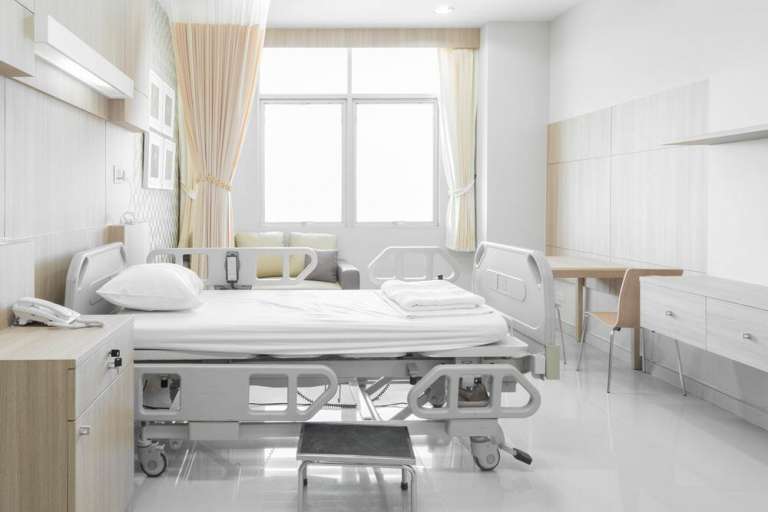Figures from NHS England show that the health service missed its A&E target to see, treat and discharge patients within four hours, in September 2015.
Taking the last Thursday in September as a snapshot of the month, it’s clear that hospitals are struggling to get patients discharged when they are ready.
On this day, 5,000 beds were occupied by patients who should have been discharged.
This is the worst level since records began in 2010. The rise in delays is believed to be linked to the ongoing issues with accessing social care services, such as help in the home.
In addition to the problems faced in A&E, NHS performance fell short on access to cancer treatment, diagnostic tests and ambulance response times.
For one in five patients, the 62-day target to start cancer treatment was missed. By the end of September 1.9% of patients had been waiting over six weeks for a diagnostic test. This is twice the amount of people that NHS targets say should be suffering these kinds of delays.
It’s not all bad news. The NHS met six out of eight cancer related targets and the 18-week target for operations such as knee and hip replacements was achieved.
An NHS England spokeswoman said the health service was coping well given the context as it was seeing a “record number” of patients. “Nobody could argue there isn’t ongoing pressure on the NHS but despite this, it is delivering a good service for the vast majority of patients,” she added.
These figures come just days before junior doctors are to be balloted on industrial action which could result in 35,000 of them walking out at the beginning of December.
Dr Mark Holland, President of the Society for Acute Medicine, told the BBC this was creating the “perfect storm”.
He added: “There is already talk of putting ambulances on divert, of taking patients to other hospitals. That intensity is beginning to creep up. Not on a day-to-day consistent basis like last December and January, but it’s starting and it feels like it is occurring a wee bit too early. The question this winter is how resilient we will be and what will be the tipping point. And that is the unknown factor which is very, very worrying.”
Do you think that you may be a victim of delayed NHS treatment? Then contact one of our experts. Pryers are a leading national firm of Medical Negligence Lawyers and have extensive experience of cases involving negligent medical treatment. Our dedicated team of lawyers and experts are well equipped to investigate and advise on all issues of medical treatment.





